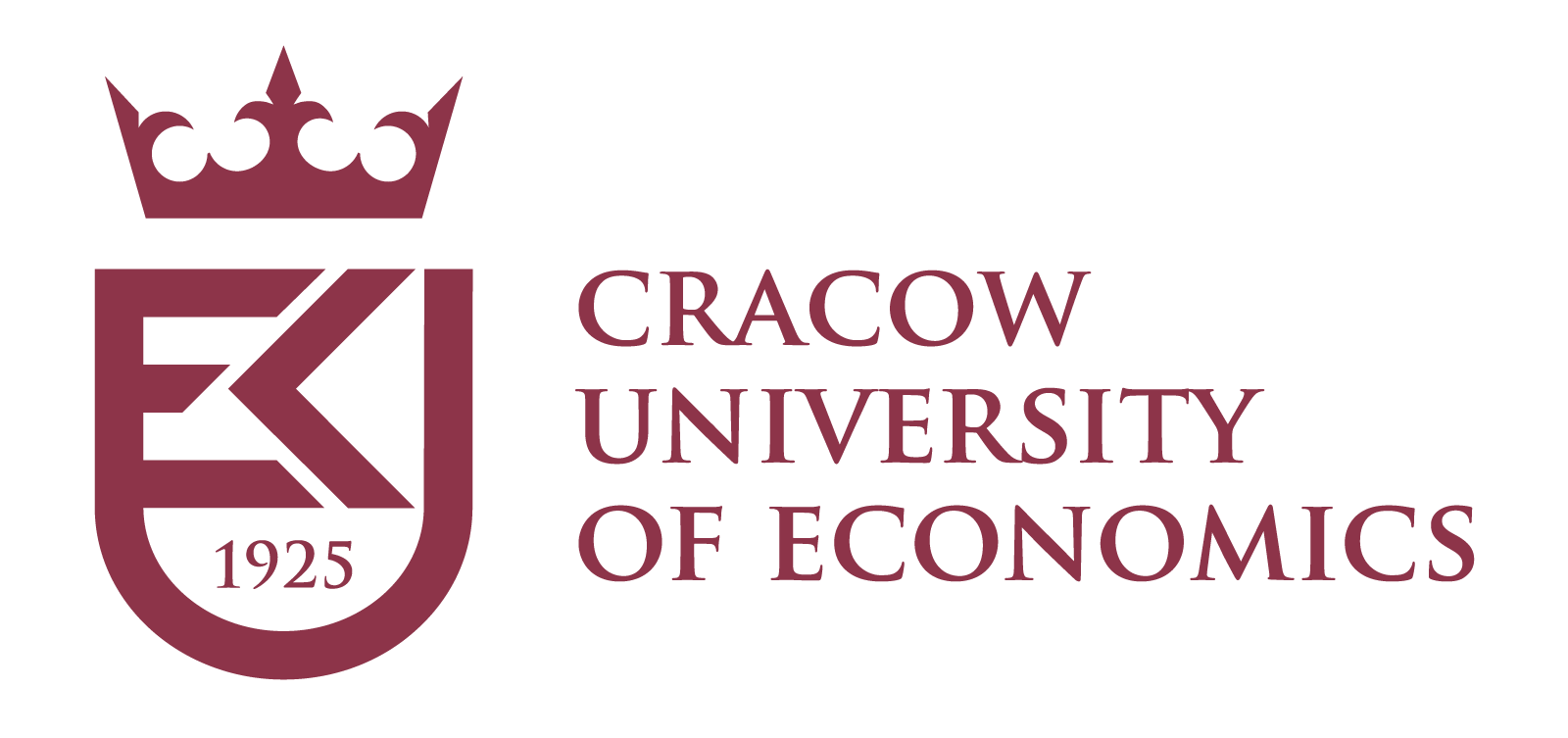Polarisation and reconciliation
Session chair:
Wander Jager
Description:
EU Commission President von der Leyen stated in 2024 that “the top concern for the next two years is not conflict or climate. It is disinformation and misinformation, followed closely by polarisation within our societies”. Several societal challenges are currently evoking a lot of emotions and polarising opinions. The recent flaring up of the conflict in the Middle East creates heated discussions and protests in several European cities, and much uproar on social media. Similarly, the war in Ukraine causes some groups to have radically opposing views on European politics on this matter. The policies related to climate change and environmental protection also raise a lot of emotion and protest, with the roadblocks of Extinction Rebellion and farmer protests in different European countries as recent examples. And the COVID19 policies had a huge impact on society, and the resulting opinion dynamics caused damage in the social fabric of society.
While the opinion dynamics research using social simulations has made considerable progress regarding understanding basic mechanisms of polarisations, the application of the insights to democratic processes has been rather limited due to the stylised approach. Data is hardly being used in the simulation of opinion dynamics (Chattoe Brown, 2023). Where in the description of empirical cases of polarisation and reconciliation a lot of (social) psychological concepts play a role, such as sadness, fear, anger, values, norms and group identity, and these factors and processes operate in a context of personal networks, social media and daily life (including material conditions), the common practice in social simulations of these processes is not addressing this behaviour/psychological richness. An important reason for this is the lack of agent architectures that integrate different relevant drivers and processes. Hence it is a pressing challenge in computational social science to include relevant psychological, behavioural and social drivers and mechanisms in order to enhance the realism of the simulated processes (Flache et al, 2017).
This track invites papers improving our understanding and teaching regarding the processes of polarisation and reconciliation.
